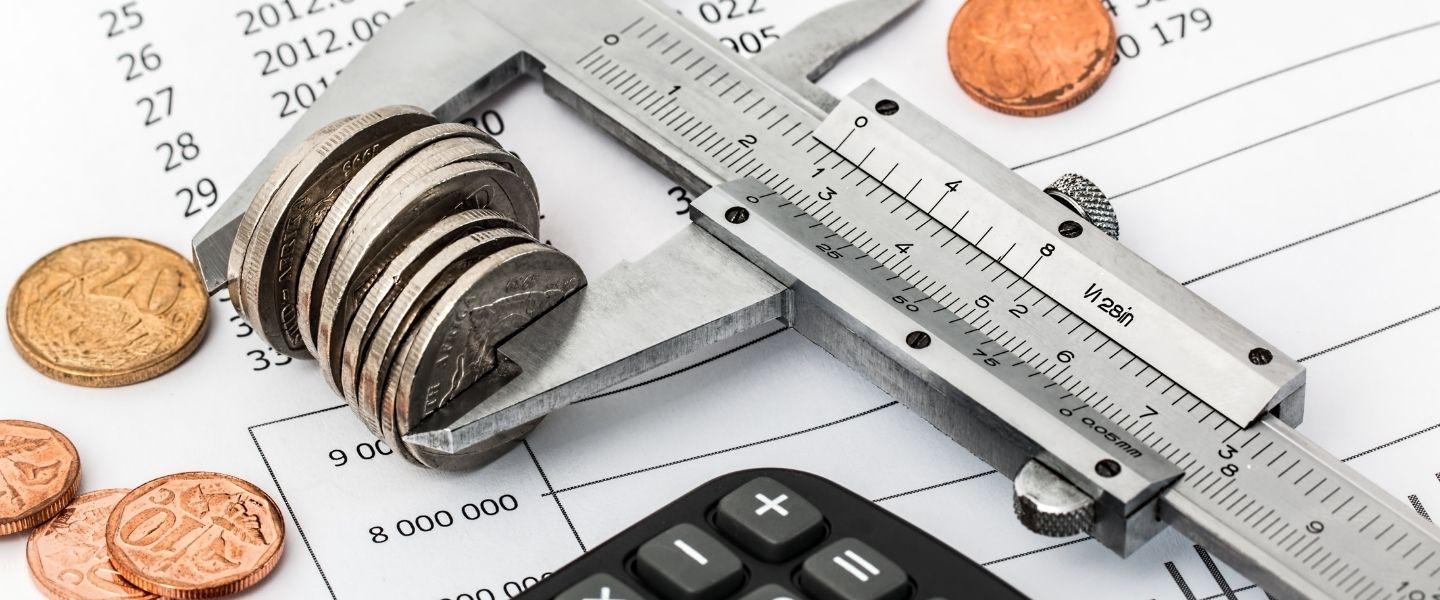Economics has an enormous effect on our daily lives and choices like work, leisure, consumption, and how much to save. Economics is a social science that deals with production, distribution, and consumption of goods and services. It also studies how individuals and businesses make choices on allocating resources to satisfy their needs while trying to achieve maximum output.
Economics can be broken into two:
- Macroeconomics
- Microeconomics
While macroeconomics focuses on the behavior of aggravated economics, microeconomics focuses on individual consumers.
- Some of the vital topics in microeconomics are markets, efficiency, supply and demand, opportunity cost, game theory, and market failure.
- Macroeconomics includes topics like inflation, GDP, pricing, savings, and investment, market growth, development, unemployment, and competition.
Apart from microeconomics and macroeconomics, there are a number of other branches of economics -
- Behavioral economics
- Business economics
- Constitutional economics
- Cultural economics
- Development economics
- Ecological economics
- Economic geography
- Environmental economics
- Energy economics
- Financial economics
- Industrial economics
- Information economics
- International economics
- Labor economics
- Managerial economics
- Mathematical economics or econometrics
- Resource economics
- Urban economics
- Public economics
- Descriptive, theoretical and policy economics
- Monetary economics



Related Blogs
Top 10 London Universities In 2025: Admission Tips & Guide
London is a city full of history, culture, and learning. Many students from around the world dream of studying at this institution. London boasts some of the world's best universities in the world, of...
USA Student Visa 2025: Types, Requirements, Fees & Application
The United States student visa is a special permission that lets students from other countries study in the USA. Every year, many students from all over the world dream of studying in America. In the ...
Top US Universities In 2025: Ranking, Courses & Fees
The USA is simply in a league of its own. It has more than 197 institutions ranked in the QS World University Rankings 2025, and it is almost certain that it will have even more institutions ranked ne...
Top IT Master's Programs Abroad for Indian Students
When searching for options to study Information Technology for Indian students in a foreign country, there are great opportunities to succeed in the constantly developing IT field. The **IT master...
Study Abroad Scholarships - Top Grants and How to Apply
Education abroad is a dream for many students as it provides a chance to get international experience, to meet different cultures and to get a degree from the universities. However, the cost of educat...
MS in Business Analytics In The USA In 2025
The need for analytics has increased significantly across industries; therefore, a Masters's (MS) in Business Analytics has become one of the most popular programs. The USA is one of the most popular ...